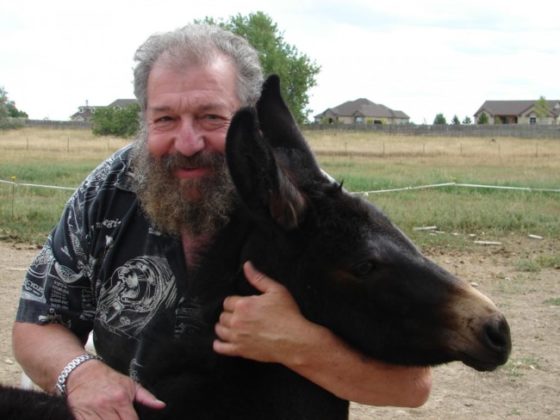
We speak with Ethan Greene, director of the Colorado Avalanche Information Center, about the new study he has coauthored with Spencer Logan, a chief researcher at the center who alsoversees the Avalanche Accident database for the United States. Their new study is available now. It’s titled, Education and Experience Levels of People Involved in Avalanches during the 2019-2020 Colorado Avalanche Season. It will be published soon, in greater detail, in The Avalanche Review.
For those looking for videos from the Colorado Avalanche Information Center, here is the snowmobile accident posted at the CAIC Avalanche Information Center YouTube CHANNEL. Weekly forecasts are also on this site.
Host/Producer: Shelley Schlender
Music From: Prince Avalanche and Snowfall by The Halo Benders
Executive producer: Susan Moran
Podcast: Play in new window | Download (Duration: 26:55 — 37.0MB)
Subscribe: RSS




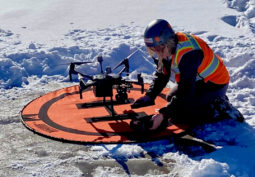
 Heartbreak in Our Bodies: (start time: 6:58) This week on How On Earth, host Susan Moran talks with science journalist
Heartbreak in Our Bodies: (start time: 6:58) This week on How On Earth, host Susan Moran talks with science journalist  This week on How on Earth, Beth talks to 2 climate scientists about their (very different) fields, and how climate change can play into local disasters, especially the recent fires that devastated the Front Range towns outside Boulder. Twila Moon is a
This week on How on Earth, Beth talks to 2 climate scientists about their (very different) fields, and how climate change can play into local disasters, especially the recent fires that devastated the Front Range towns outside Boulder. Twila Moon is a 
 2021 saw many remarkable science stories making it difficult to pick the top contenders. The How on Earth team struggled with these decisions but here they are!
2021 saw many remarkable science stories making it difficult to pick the top contenders. The How on Earth team struggled with these decisions but here they are!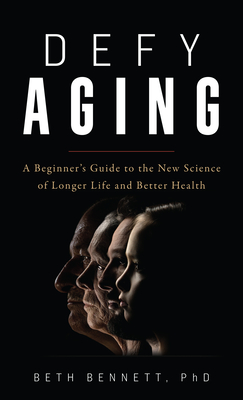
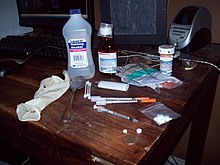 This week on How On Earth, we welcome Benita Lee who brought up the growing problem with fentanyl – a new street drug that’s killing many. Benita talks with DEA agent David Olesky about the scope of the problem and what the agency is doing to combat it. Beth talks with pharmacologist and policy maker Robert Valuck about how the drug affects the brain, causes death, and the protective effect of the blocking drug naloxone.
This week on How On Earth, we welcome Benita Lee who brought up the growing problem with fentanyl – a new street drug that’s killing many. Benita talks with DEA agent David Olesky about the scope of the problem and what the agency is doing to combat it. Beth talks with pharmacologist and policy maker Robert Valuck about how the drug affects the brain, causes death, and the protective effect of the blocking drug naloxone.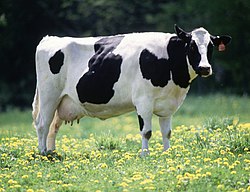 This week on How on Earth, Beth talks with Professor Fred Provenza, author of the book
This week on How on Earth, Beth talks with Professor Fred Provenza, author of the book 